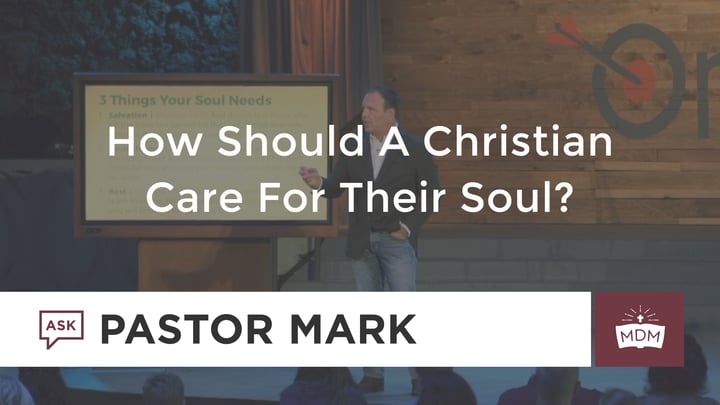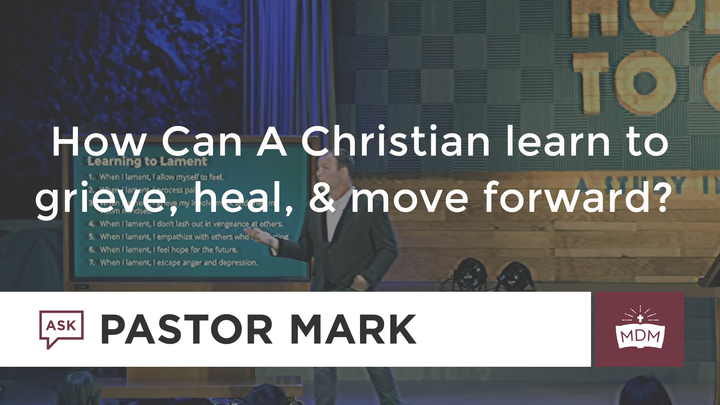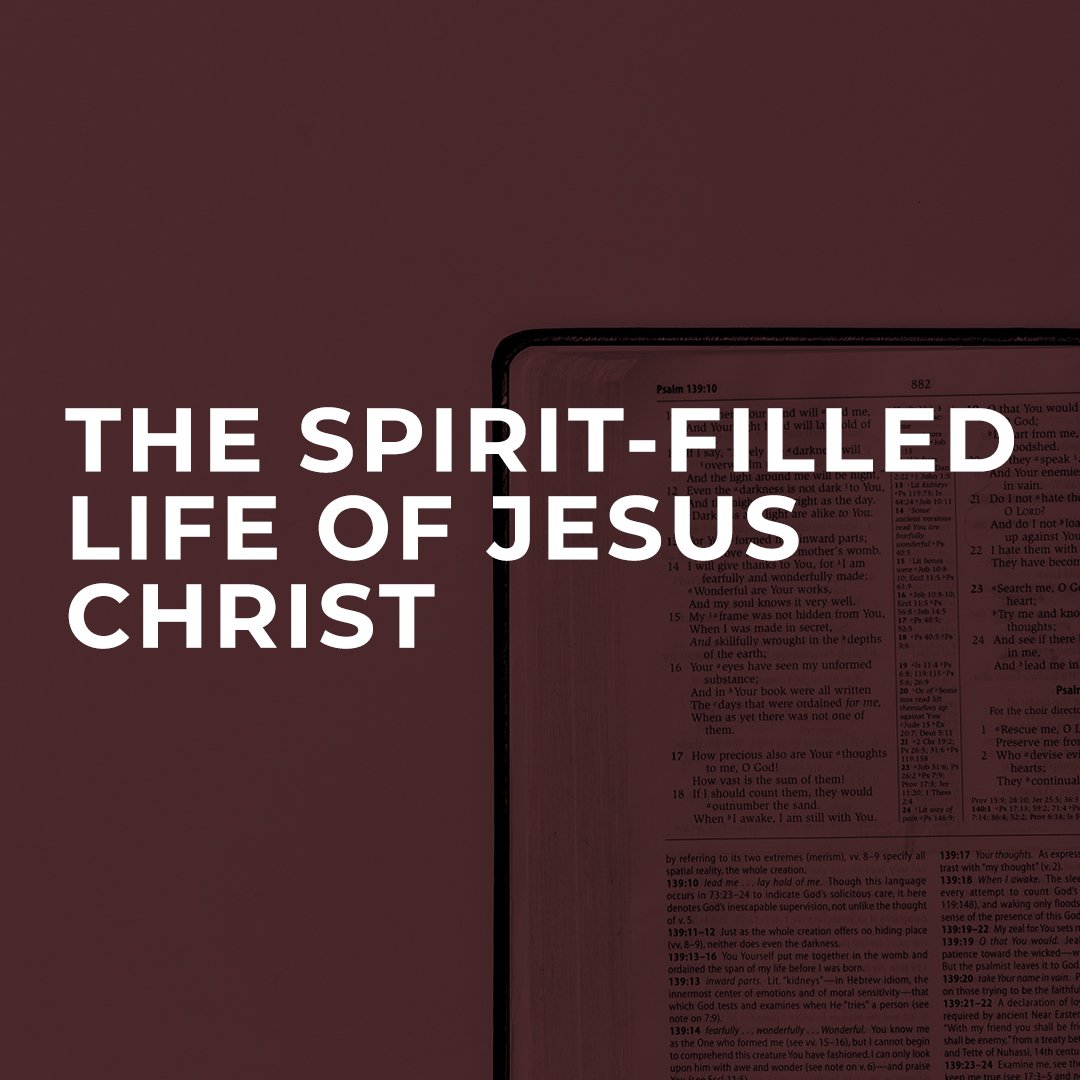From Routine to Real Relationship with God Part 2: A Study in Habakkuk
Prayer is where we enter into God’s presence to speak to God like a child does to a parent. God does not need prayer, but we do. In prayer we do not tell God something He does not know or get God to do what we want Him to do. Instead, prayer is largely about deepening a real relationship with God, because all relationships require time and talk for people to grow together.
Prayer can easily become routine for us. Prayer can fall into just another task to be completed, with little passion, before we eat our dinner or fall asleep at night. Chapter 3 of Habakkuk is a prayer from the journal of a real man in real toil crying out to a real God for real comfort. He says it this way in Habakkuk 3:1 (ESV): “A prayer of Habakkuk the prophet.”
From the example of Habakkuk, we can learn a lot about prayer, including five benefits.
Five Benefits of Prayer
Prayer is how you let God be God.
Since God knows all and rules over all, prayer reminds us that we do not have to do God’s job. This should relieve a lot of our stress.
Prayer is how you let you be you.
In prayer, we can get honest with God about who we are, where we are, and what we are struggling with or are grateful for.
Prayer is how you deepen relationship.
No relationship can flourish unless the persons involved get together and talk at the heart level. The same is true in our relationship with God.
Prayer is how you release pressure.
Life continually brings us stress and pressure. In prayer, a release valve is turned so that our stress levels are reduced. This keeps us from blowing up physically, mentally, spiritually, and/or emotionally.
Prayer is how you transfer burden.
In the ancient world, much of the heavy work of labor was done by an ox that would pull a load or a plow. When the job became too much for one ox to bear, people would yoke two oxen together to carry the load. Jesus knows that we also find ourselves laden with burdens that we cannot bear and loads that we cannot carry. He therefore tells us to pray and transfer much of the burden to Him, saying in Matthew 11:28–30 (ESV),
“Come to me, all who labor and are heavy laden, and I will give you rest. Take my yoke upon you, and learn from me, for I am gentle and lowly in heart, and you will find rest for your souls. For my yoke is easy, and my burden is light.”
What is your prayer routine? Is your prayer routine building your relationship with God? If not, what changes can be made?









